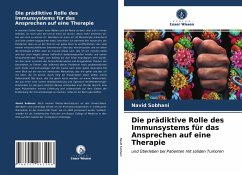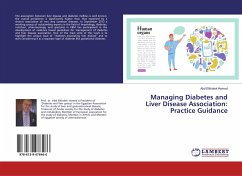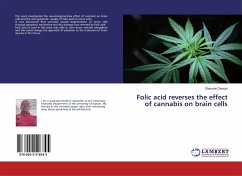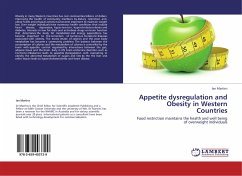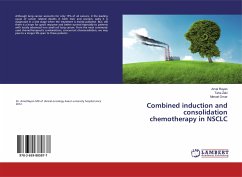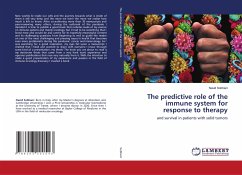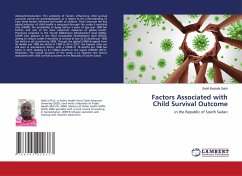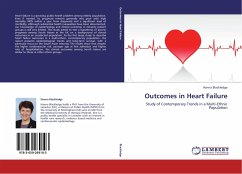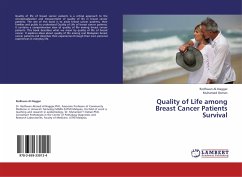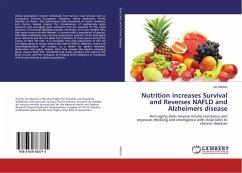
Nutrition increases Survival and Reverses NAFLD and Alzheimers disease
Anti-aging diets reverse insulin resistance and improves thinking and intelligence with close links to chronic diseases
Versandkostenfrei!
Versandfertig in 6-10 Tagen
28,99 €
inkl. MwSt.

PAYBACK Punkte
14 °P sammeln!
Global populations include individuals from various racial groups such as Caucasians, Africans Europeans, Hispanics, Native Americans, Pacific Islanders or Asians. The maintenance and prevention of insulin resistance and chronic disease require the consumption of appropriate gene nutrients and anti-aging gene activators that are essential for the rapid clearance of bacterial lipopolysaccarides, xenobiotic and toxic amyloid beta that cause various chronic diseases. A country with a population of approx. 400 million individuals may not have appropriate amounts of the anti-aging gene nutrients an...
Global populations include individuals from various racial groups such as Caucasians, Africans Europeans, Hispanics, Native Americans, Pacific Islanders or Asians. The maintenance and prevention of insulin resistance and chronic disease require the consumption of appropriate gene nutrients and anti-aging gene activators that are essential for the rapid clearance of bacterial lipopolysaccarides, xenobiotic and toxic amyloid beta that cause various chronic diseases. A country with a population of approx. 400 million individuals may not have appropriate amounts of the anti-aging gene nutrients and do not allow the activation of these genes during the course of their life time. It is inevitable that with inactivation of the cell anti-aging genes in various tissues the rates of NAFLD, diabetes, stroke and neurodegeneration will escalate as a model for global metabolic dysfunction and organ disease. Diets that activate the hepatic antiaging genes reverse brain LPS, xenobiotic and drugscontents and improve the brain circuitry with the activation of thinking and intelligence in individuals with chronic disease in global populations.



